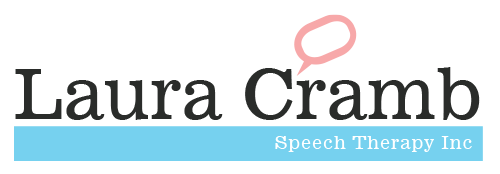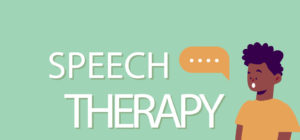Feeding and swallowing are essential functions we often take for granted—until they become impaired due to a stroke or traumatic brain injury (TBI). Dysphagia, or difficulty swallowing, is a common complication following these neurological events and can significantly impact a person’s nutrition, hydration, and overall quality of life. The good news is that speech therapy plays a crucial role in rehabilitating feeding and swallowing, helping individuals regain their independence and confidence in eating safely.
Understanding Dysphagia After Stroke or TBI
A stroke or TBI can damage the brain regions responsible for coordinating the muscles and nerves involved in swallowing. This can lead to:
Difficulty chewing or controlling food in the mouth
Coughing or choking while eating or drinking
Pain or discomfort when swallowing
Food or liquid “going down the wrong way” (aspiration), leading to pneumonia risk
Malnutrition and dehydration due to reduced food and liquid intake
The Role of Speech Therapy in Swallowing Rehabilitation
Speech-language pathologists (SLPs) are experts in diagnosing and treating swallowing disorders. Rehabilitation is personalised based on the severity of the impairment and may include:
✅ Swallowing Exercises – Strengthening the tongue, throat, and jaw muscles to improve swallowing coordination.
✅ Postural Adjustments – Simple techniques, like tilting the head or sitting upright, can make swallowing safer.
✅ Diet Modifications – Adjusting food texture and liquid consistency to match the person’s swallowing ability.
✅ Compensatory Strategies – Learning safe swallowing techniques to prevent aspiration and choking.
✅ Neuromuscular Re-education – Advanced methods such as electrical stimulation or biofeedback to improve muscle function.
Regaining Confidence in Eating
Beyond medical intervention, emotional and psychological support is vital. Many individuals experience anxiety or frustration when struggling with swallowing. Working with a speech therapist helps restore confidence and enjoyment in eating, improving both physical and mental well-being.
Take the First Step Toward Recovery
Swallowing difficulties after a stroke or TBI can feel overwhelming, but with the right therapy, recovery is possible. If you or a loved one is experiencing feeding and swallowing challenges, consult a speech therapist to start a customized rehabilitation plan today.
Every meal should be safe and enjoyable—let’s make that possible again!
4o
O




